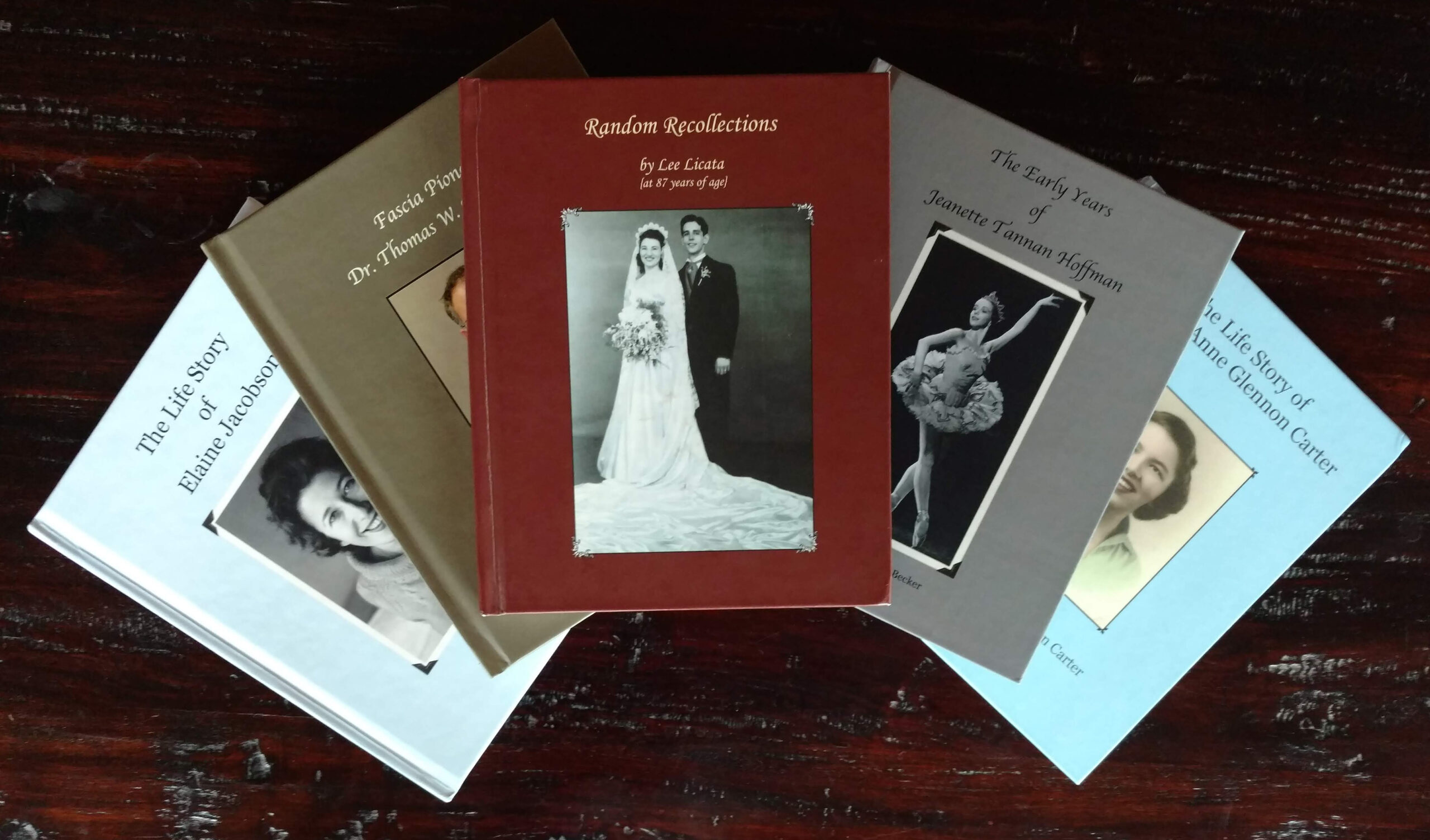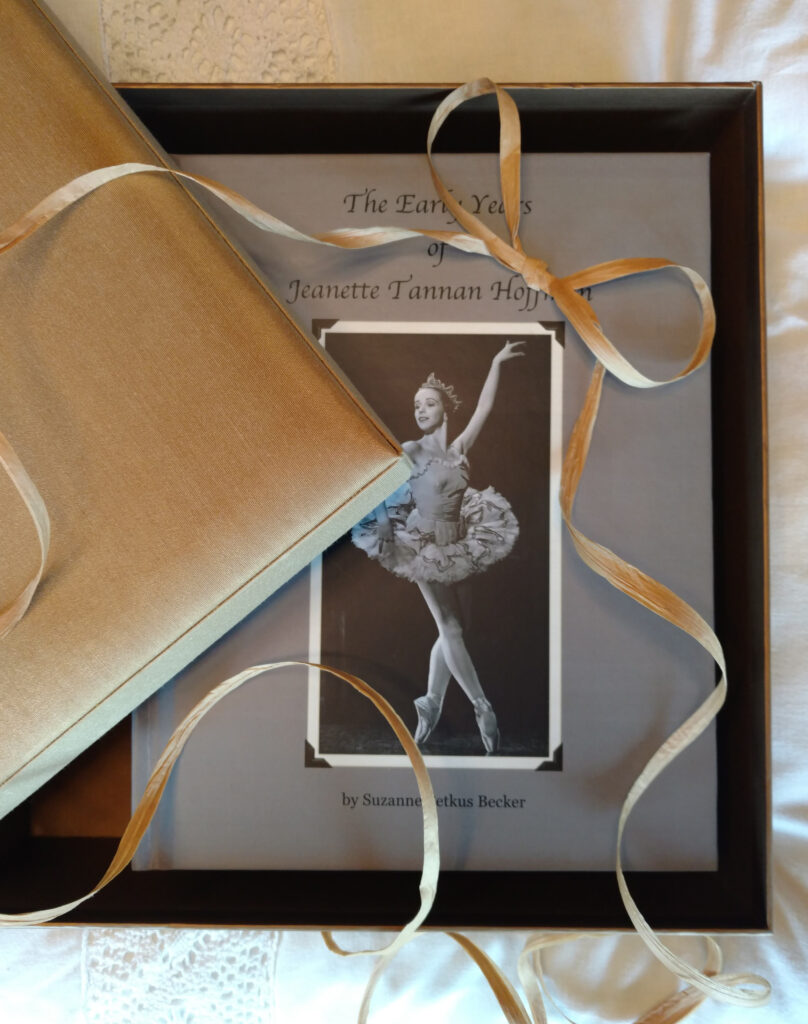
Frequently Asked Questions:
How does the process begin? At the first meeting we will get to know each other a bit. We’ll talk about your purpose and goals for the project, establish a time-line for our work together, and discuss your general background. After that we’ll meet regularly for you to share your stories. I always have prepared questions ready but will also allow the interview to flow as much as possible without locking your life into a ‘cookie-cutter’ format.
How long is each interviewing session? Generally, one to two hours works best.
Where do we meet? In the past, I’ve found that coffee shops provide a nice venue because the tasks and distractions of daily living are not an issue. However, interviewing in your home may work if that is more comfortable for you or if you are living in an assisted living or nursing home facility, I would meet you there. Interviews by phone work well when an in-person meeting is not possible.
How often do we meet? The time frame can be established at our first meeting. Usually, it works out to meeting one to two times per week, as the writing takes place in between the meetings. This also gives you time to recall additional details that might come to you in between sessions. If an event such as a birthday or anniversary necessitates a more accelerated process, I will work with you to make that happen.
When do we meet? My time is flexible for our interviews.
Why not write it myself? Autobiographies are a great endeavor. However, if you are not able to do one for yourself or a loved one A Lifetime of Stories is a wonderful option.
With A Lifetime of Stories the person being interviewed can be led through the process, wander through their memory while sharing, and immerse themselves in the stories without it being ‘work.’
Why not a questionnaire to fill out instead of a ‘live’ interview? While working with clients as a drama therapist, I found that the act of being ‘witnessed’ by another human being gently urges a person deeper and further, even toward a cathartic memory at times.
When I ask a question or make an observation this nudges the person to delve further and remember long-forgotten details. Also, while answering a question, the person often finds other stories tangentially. Sharing verbally lends itself to a non-linear thought process.
In addition, talking about your life, unless you are a writer, is often an easier process for a person than getting it down on paper themselves – the latter takes a lot of discipline and time.
Do you do any research or is the story written strictly from the interviews? If a subject or a certain item comes up, for example, a certain island during WWII or an original Kodachrome camera, I will research the topic and include a boxed insert on the appropriate page giving background and sometimes a photograph to clarify and enhance details in your story.
My mother suffers from dementia but has lucid days, can you work with her? I have worked extensively with a dementia population and would be able to work with someone who is in the early to mid-stage of the disease. There would be more reliance on other family members and family resources in this instance.
Do you need to interview other family members? Ultimately it is your story from your memories. However I do contact family members, with your permission, for background and support materials/details.
What other materials do you use? Photographs, writings, memorabilia . . . all enhance the book and provide an accessible way for you and others to enjoy your keepsakes.
